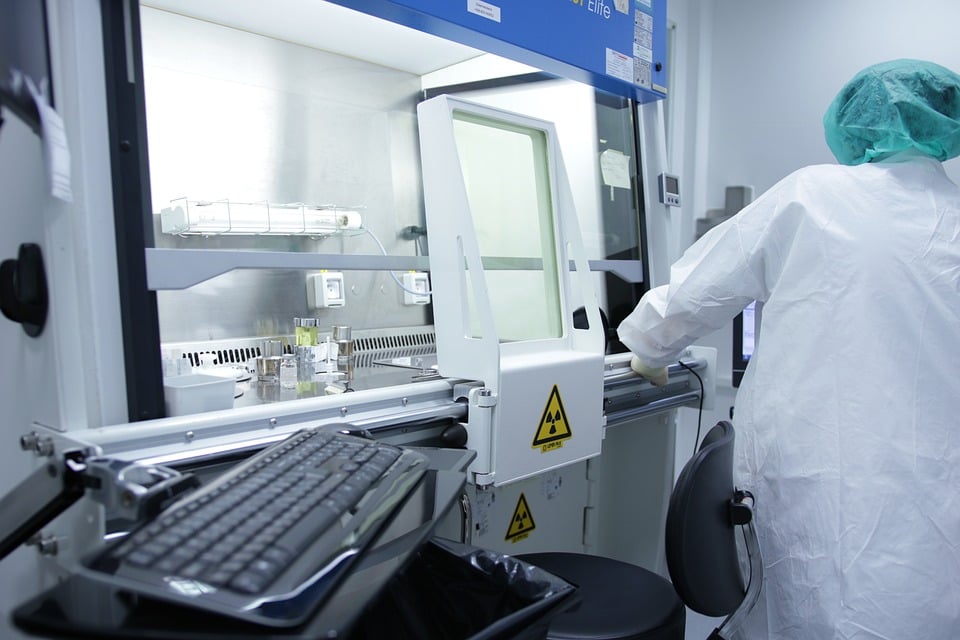CHICAGO – While CAR T cell therapy has revolutionized treatment for many blood cancers, including non-Hodgkin lymphoma (NHL), many patients who receive CAR T cell therapy do not experience a long-term remission. For those whose cancers return or become resistant after CAR T cell therapy, the prognosis is poor, with few options left.
A new “armored” form of CAR T cell therapy, developed by Carl June, MD, the Richard W. Vague Professor in Immunotherapy in the Perelman School of Medicine at the University of Pennsylvania, may be able to help these patients. According to the results of a Phase I clinical trial, presented today at the American Society of Clinical Oncology (ASCO) Annual Meeting (Abstract 7004), the new CAR T was safe, and had a three-month overall response rate of 80% in 20 patients with NHL whose cancers were relapsed or had stopped responding to treatment after receiving a commercially available CAR T cell therapy.
“By the time we treat someone with commercially available FDA-approved CAR T cell therapies, they’ve already tried at least one other treatment that either didn’t work at all or their lymphoma relapsed, and they’re very hopeful that CAR T cell therapy—which has made such a difference for so many—will work for them too,” said Jakub Svoboda, MD, an associate professor of Hematology-Oncology, who led the clinical trial at Penn Medicine’s Abramson Cancer Center. “If the standard of care CAR T cell therapy doesn’t work for them, it’s incredibly disappointing. While we still have more follow-up to do, it’s gratifying to see so many patients with lymphoma responding to this novel CAR T cell product developed here at Penn.”
The first-in-human study evaluated huCART19-IL18, an anti-CD19 CAR that was further modified to secrete the pro-inflammatory cytokine, interleukin 18 (IL 18), based on preclinical studies that showed it could enhance CAR T activity.
“We’ve likened this CAR T to an armored truck or tank because the release of IL 18 further protects the CAR T cells and promotes their ability to attack the cancer cells,” said June, whose pioneering research led to the first approved CAR T cell therapy in 2017.
The production of huCART19-IL18 also uses a process, developed by Penn’s Center for Cellular Immunotherapies, that shortens the manufacturing time for the CAR T cells to three days. For patients with aggressive, fast-growing cancers, this means being able to begin CAR T cell therapy quicker than is currently possible with standard manufacturing times of nine to 14 days. A previous, preclinical study found the shortened manufacturing time also may enhance the potency of the T cells.
The addition of IL 18 did not result in any new or unexpected safety concerns beyond the known side effects of CAR T cell therapy, including cytokine release syndrome (CRS) and neurotoxicity, which were managed successfully. As patient follow-up continues, the median overall survival after treatment has not been determined yet, with some of the earliest patients treated now in remission for two years or more. These results represent an update from early data presented at the 2022 American Society of Hematology (ASH) Annual Meeting.
Click here to learn more about open cancer clinical trials at Penn Medicine or call 1-855-216-0098 to speak to a clinical trial navigator.
Svoboda will present the study in an Oral Abstract Session on Saturday, June 1 at 3 p.m. CT in S100bc.

